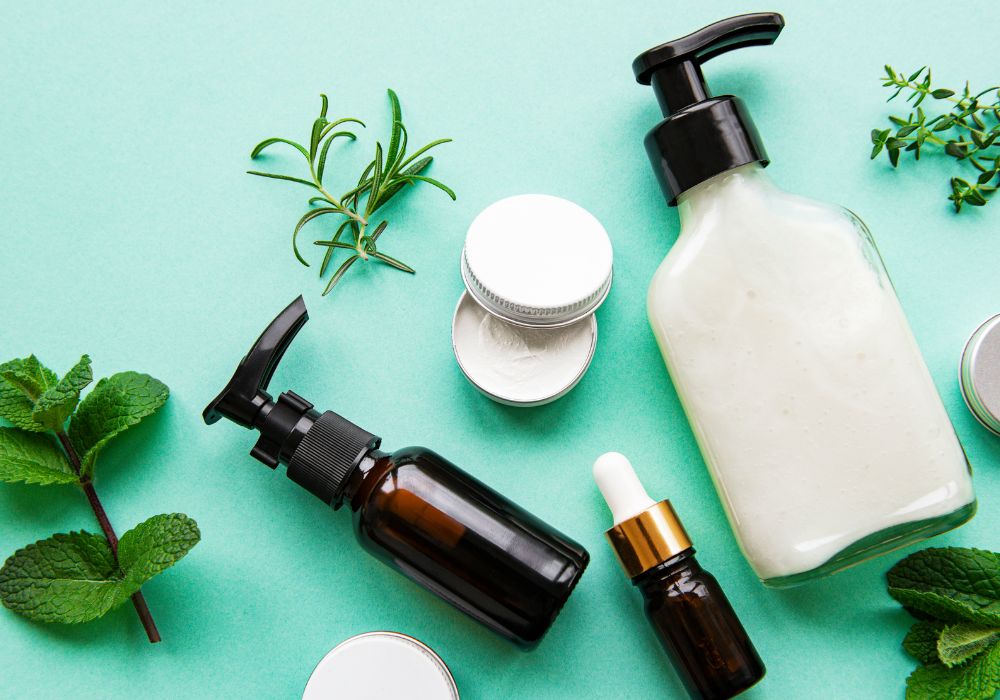As the weather changes, your skin does, too. That’s something many of us casually observe, as our skin becomes flaky, dry, or more irritable in the fall and winter months and more oily in the summer.
These seasonal changes are due to many factors, so a good skin care routine needs to adjust year-round so it can help address these symptoms. Here are tips for taking care of your skin, no matter the season.
In the winter, cold and dry air outside can cause the skin to dry out and lose its natural oils. Cold temperatures mean skin cells are also less likely to turnover, thereby taking longer to shed dead skin and make way for new skin cells. During cold months, people are also more likely to take long, hot showers or baths, seek out hot tubs, or crank up the heat to keep warm, which dries out the skin even more. Dry skin can lead to itchiness, redness, acne, fine lines, or flakiness.
That’s why one of the main goals of cold-weather skin care is hydration. Use moisturizers that are thicker, such as creams, oils, or balms, which can help draw much-needed moisture back into the skin. Note that the moisturizer you use on your face may be different than the one you use on the rest of your body, from knees to feet to elbows. This is because face moisturizers tend to be lighter, so as to not clog pores, which can lead to acne.
For face care, hyaluronic acid, jojoba oil, and lactic acid may be helpful, says the American Academy of Dermatology Association. For the rest of the body, it also recommends hyaluronic acid as well as glycerin, lanolin, mineral oil, petrolatum, and shea butter.
The Academy also recommends using products with lower concentrations of harsh ingredients in the winter months. These include glycolic acid, salicylic acid, or retinol, which are often used for anti-aging purposes.
Sunscreen in winter is also important, as ultraviolet radiation is present even on cloudy days. The good news is that you can pick a moisturizer with a minimum SPF of 30 to help protect from this invisible radiation year-round.
In the summer, as heat and humidity rise and our body sweats more frequently, pores can become clogged, leading to more acne. Sun burns or rashes are also more common as people spend more time outdoors.
If you’re experiencing acne more frequently, make sure you’re dabbing off sweat and washing sweaty clothes, hats, and towels. The Academy recommends using non-comedogenic products that won’t clog your pores.
Our skin can also become more dry due to activities like swimming in pools, blasting air conditioning, and sunbathing. When showering, use warm rather than hot water, and pick mild cleansers (stay away from antibacterial or deodorant soaps that can further dry out skin, the Academy says).
Again, it’s important to use sunscreen of at least SPF 30, and to use one that is water-resistant for all your summer activities. If you get sunburned, the Academy recommends to take cool showers to reduce the pain, use moisturizers with aloe vera or soy, and protect the skin from future sun exposure. You may want to consult a doctor if your sunburn gets worse.
Questions about health insurance? Contact a Sea Mountain Insurance specialist today!
